Deck & Commander Strategies
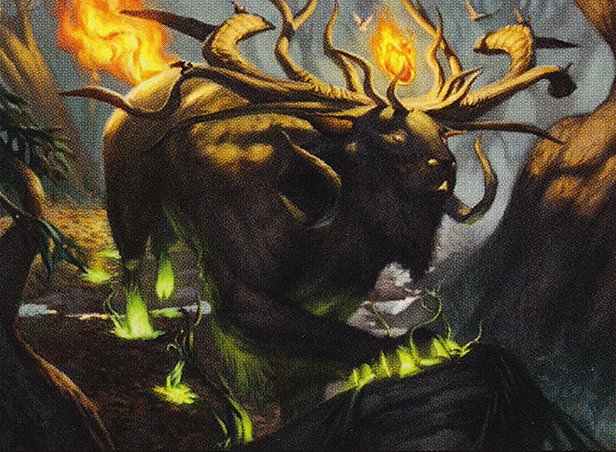
Marath, Will of the Wild
Utilizes +1/+1 counters to grow creatures and produce tokens, leveraging Marath’s ability to distribute counters and create an overwhelming board presence with token swarms and incremental buffs.
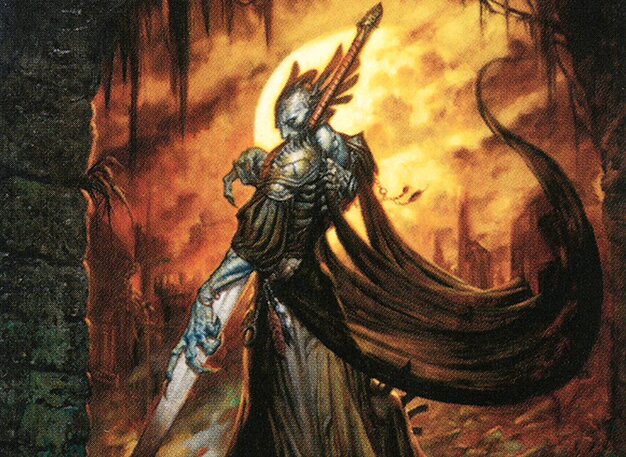
Dralnu, Lich Lord
Focuses on spellcasting with flashback mechanics and sacrificing permanents instead of taking damage, aiming to control the board with spells while recasting key spells from the graveyard and leveraging life gain.

Atarka, World Render
An aggressive dragon tribal deck that ramps quickly into large dragons, focusing on combat damage and overwhelming opponents with powerful flying creatures and direct attacks.
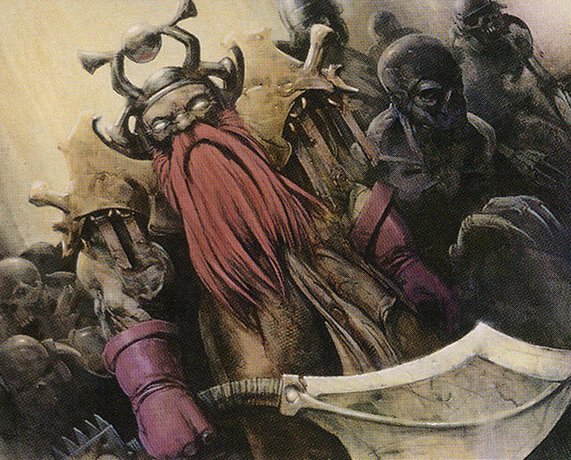
Balthor the Defiled
Zombie tribal deck that generates value from zombies dying and entering the graveyard, using sacrifice outlets and incremental life loss triggers to wear down opponents gradually.
Gameplay Insights
- 1
Dralnu’s ability to sacrifice permanents instead of taking damage altered combat dynamics, making opponents hesitant to attack directly and forcing them to consider alternate removal.
- 2
Marath’s use of incubation druid and token generation allowed for efficient use of mana and board presence, enabling multiple combat steps and incremental growth.
- 3
Atarka’s early ramp and deployment of dragons made them a primary threat, influencing opponent’s attack and block decisions throughout the game.
- 4
The interaction between Balthor’s zombie triggers and sacrifice outlets like Carrion Feeder created steady incremental damage and board control pressure.
- 5
Playing Rest in Peace effectively disrupted Balthor’s graveyard recursion, showcasing the importance of graveyard hate against tribal strategies.
- 6
Players negotiated non-aggression pacts and attack choices carefully to avoid empowering the leading player, demonstrating political dynamics in multiplayer Commander.
Notable Cards
-
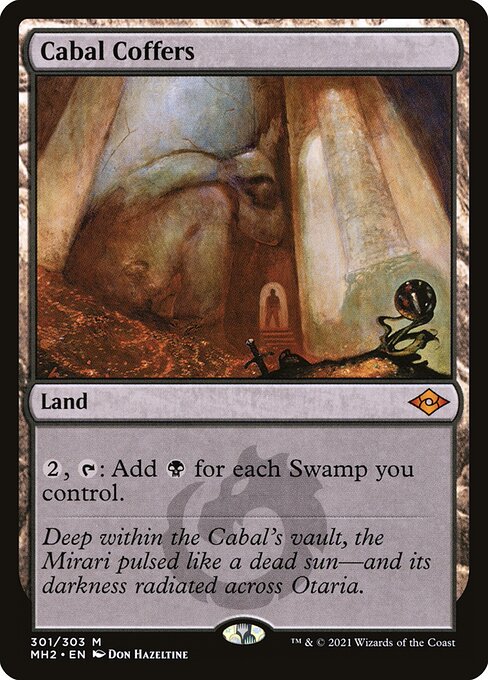
Cabal Coffers
-
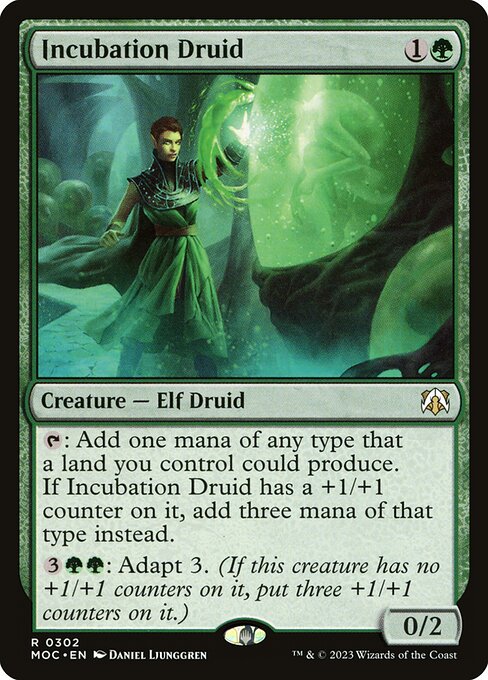
Incubation Druid
-

Sol Ring
-
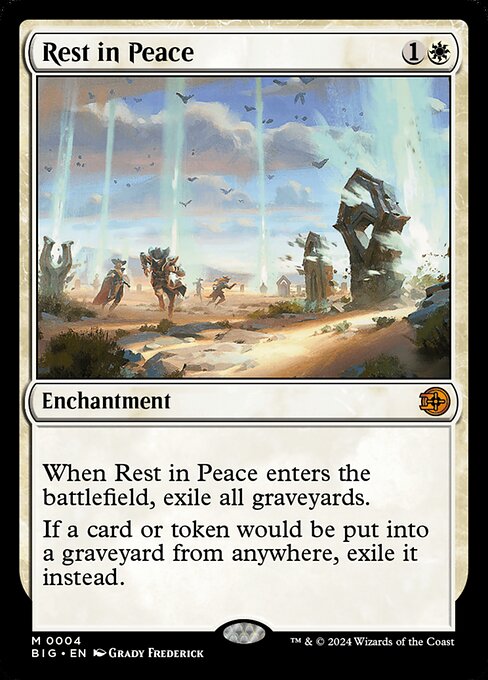
Rest in Peace
-
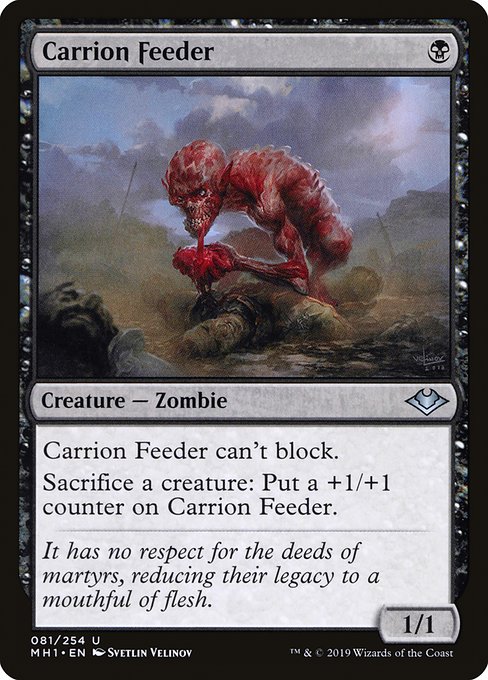
Carrion Feeder
-
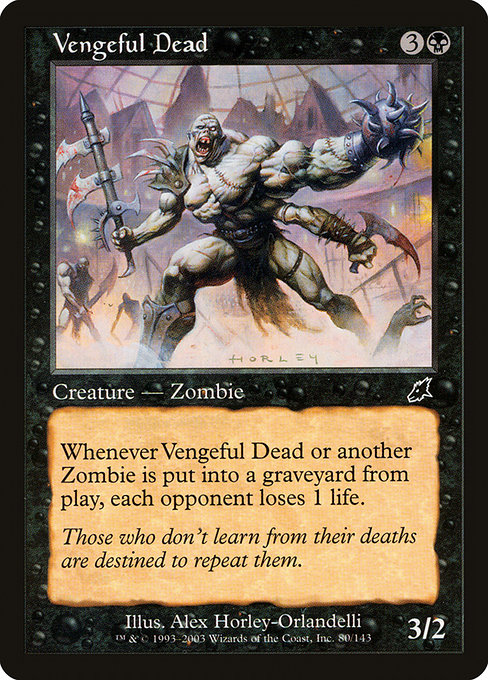
Vengeful Dead
-
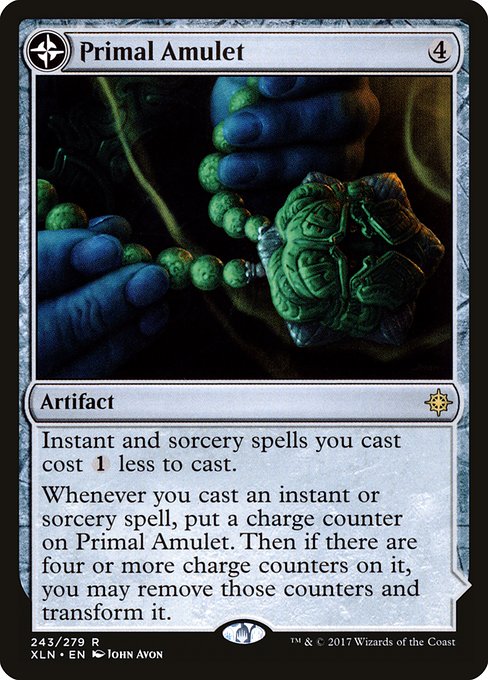
Primal Amulet // Primal Wellspring
-
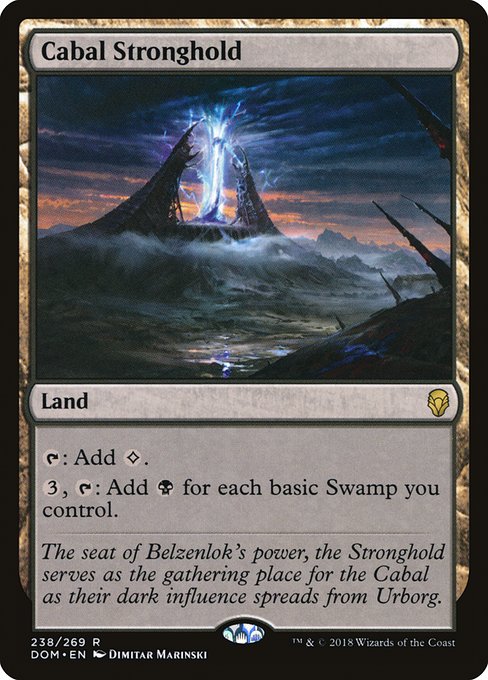
Cabal Stronghold
-

Mystical Tutor
-
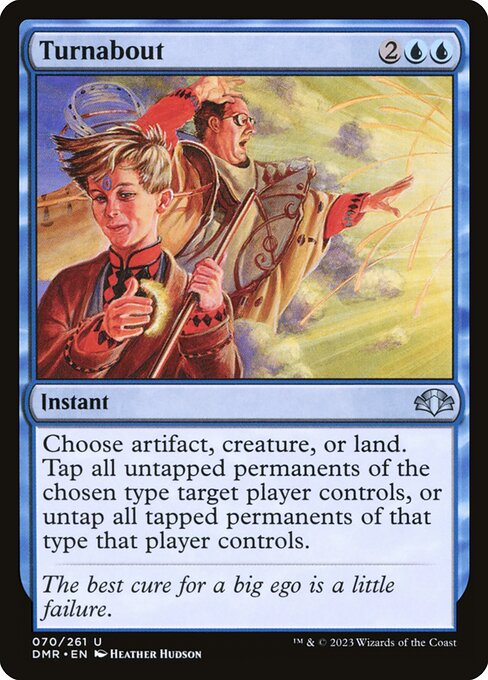
Turnabout
Gameplay Summary
The game began with each player developing their board and setting up their strategies, with early plays like Signets, Sol Ring, and ramp spells establishing solid mana bases.
The Atarka player quickly announced themselves as a major threat by deploying aggressive ramp and powerful dragons, signaling intent to pressure opponents through combat.
Meanwhile, the Marath player focused on building a board presence using +1/+1 counters and token generation, leveraging Marath's versatility to create both offense and defense.
Dralnu’s deck centered on spellcasting and graveyard recursion, with flashback and sacrifice mechanics, while Balthor’s zombie tribal theme aimed to chip away at opponents through incremental card advantage and life loss triggers from zombie deaths.
As the game progressed, the interaction between Dralnu’s sacrifice ability and Balthor’s zombie synergy led to incremental damage and board control shifts, while Atarka’s aggressive dragons and Marath’s counter-based growth created dynamic combat phases.
Key turning points included Dralnu casting Rest in Peace to disrupt graveyard strategies, which slowed Balthor’s zombie recursion, and Marath efficiently using incubation and token-making spells to maintain board presence.
Atarka’s aggressive plays forced opponents to respond quickly or risk being overrun.
A notable moment was when Dralnu activated its ability to sacrifice permanents preventing damage to itself, impacting combat calculations and forcing opponents to adjust attack timing.
The game culminated in a tense combat phase where Marath’s repeated combat steps and Atarka’s high-impact creatures dictated tempo, with players carefully choosing attacks and blocks to avoid empowering the wrong opponent.
The match showcased the interplay of aggressive combat, token generation, and graveyard disruption as players jockeyed for advantage with incremental damage and board state manipulation.


















![Commander VS S6E9: Shirei vs Phelddagrif vs Dralnu vs Hixus [MTG] thumbnail](https://i.ytimg.com/vi/vfgLmNwT_J8/sddefault.jpg)


![Favorite Precon Upgrade of 2022 [Commander VS 324] | Magic: the Gathering Commander Gameplay thumbnail](https://i.ytimg.com/vi/bNtpdfoanxo/sddefault.jpg)
![Commander Versus Series: Atarka v. Dromoka v. Kolaghan v. Ojutai [MTG Multiplayer] thumbnail](https://i.ytimg.com/vi/wrpiF4iYSAY/sddefault.jpg)
![Commander Versus Series: Deck Tech - Atarka, Dromoka, Kolaghan, Ojutai [MTG Multiplayer] thumbnail](https://i.ytimg.com/vi/1zx6Sw--hiA/sddefault.jpg)
















